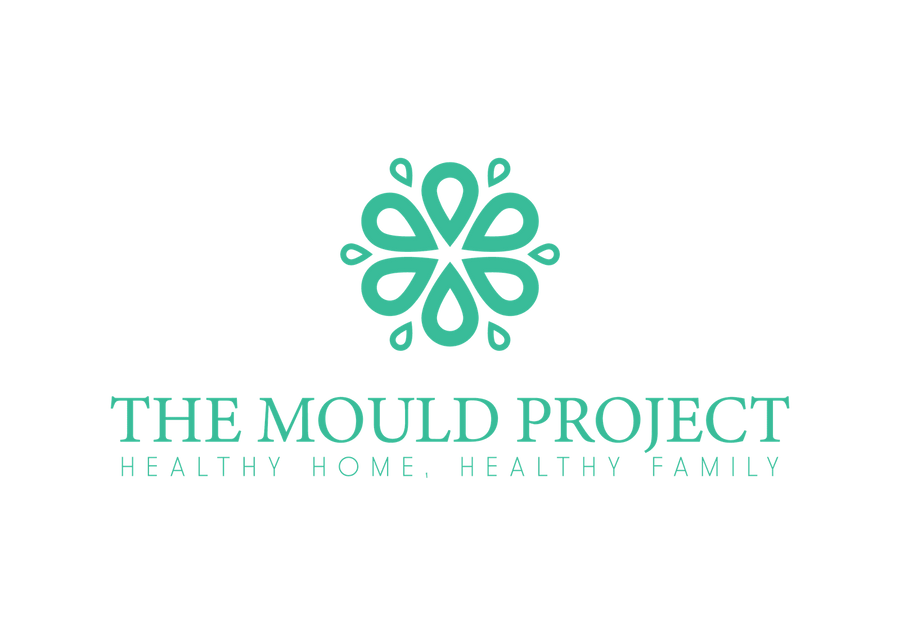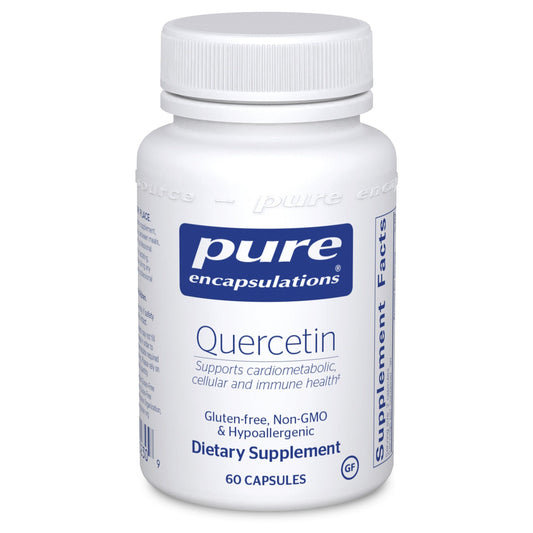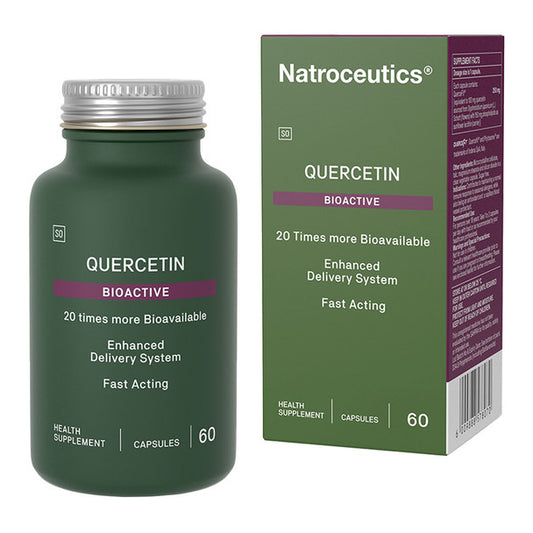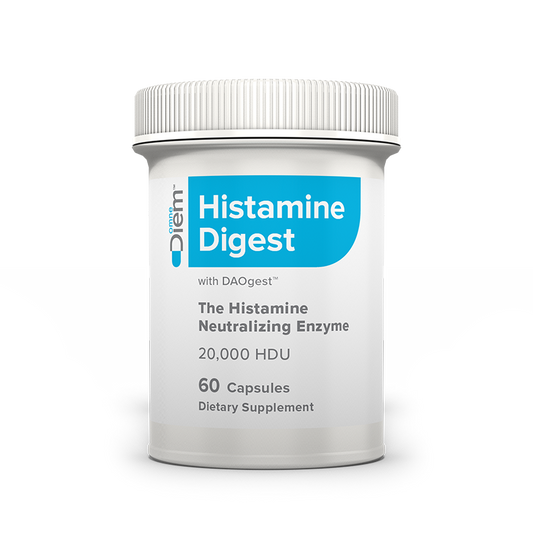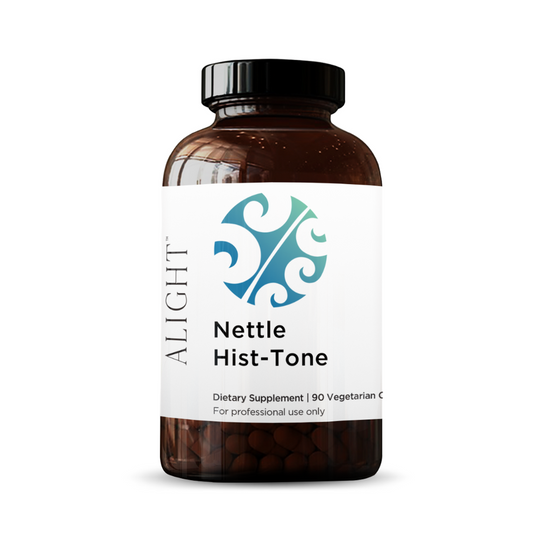Collection: MCAS (Histamine Helpers)
MCAS is Mast Cell Activation Syndrome. Mast cells are a type of blood cell that is found all around the body. Their job is to detect types of triggers (ie infections, stings, wounds) and tell the other immune cells what to do.
In people affected by MCAS, chemicals called mast cell mediatiors (including histamine) are released too frequently or abundantly, and/or in response to triggers that are not typically considered to be harmful, for example; foods or chemicals in the environment. This can lead to a wide range of symptoms that affect multiple parts of the body.
These symptoms include
- Gut symptoms (nausea, vomiting, diarrhea, abdominal cramping, bloating)
- Skin-related symptoms (hives, itching, swelling, flushing)
- Cardiovascular-related symptoms (low blood pressure, rapid pulse, passing out, vascular permeability ie swellIng)
- Respiratory symptoms (wheezing, shortness of breath, cough, asthma like symptoms, sinusitis, rhinitis, increased mucus production)
-
Brain-related symptoms (brain fog, anxiety, headaches, difficulty concentrating, sleeplessness, neuropathic pain, vertifao)
- Low blood pressure
- Rapid pulse
- Passing out
- Vascular permeability (inflammation and swelling)
-
Respiratory-related symptoms of overactive mast cells:
- Wheezing
- Shortness of breath
- Cough
- Asthma-like symptoms
- Sinusitis
- Rhinitis
- Increased mucus production
-
Brain-related symptoms of overactive mast cells:
- Brain fog
- Anxiety
- Headaches
- Difficulty concentrating
- Sleeplessness
- Neuropathic pain
- Vertigo
-
Pure Encapsulations - Quercetin
No reviewsRegular price From $40.00 NZDRegular priceUnit price / per$40.00 NZDSale price From $40.00 NZD -
Natroceutics - Quercetin Bioactive
No reviewsRegular price $44.00 NZDRegular priceUnit price / per$44.00 NZDSale price $44.00 NZD -
OmneDiem - Histamine Digest
Regular price From $86.00 NZDRegular priceUnit price / per$86.00 NZDSale price From $86.00 NZD -
Enzyme Science - (PEA)+
Regular price From $74.00 NZDRegular priceUnit price / per$74.00 NZDSale price From $74.00 NZD -
Alight Health Formulas - Nettle Hist-Tone
Regular price $85.50 NZDRegular priceUnit price / per$85.50 NZDSale price $85.50 NZD
